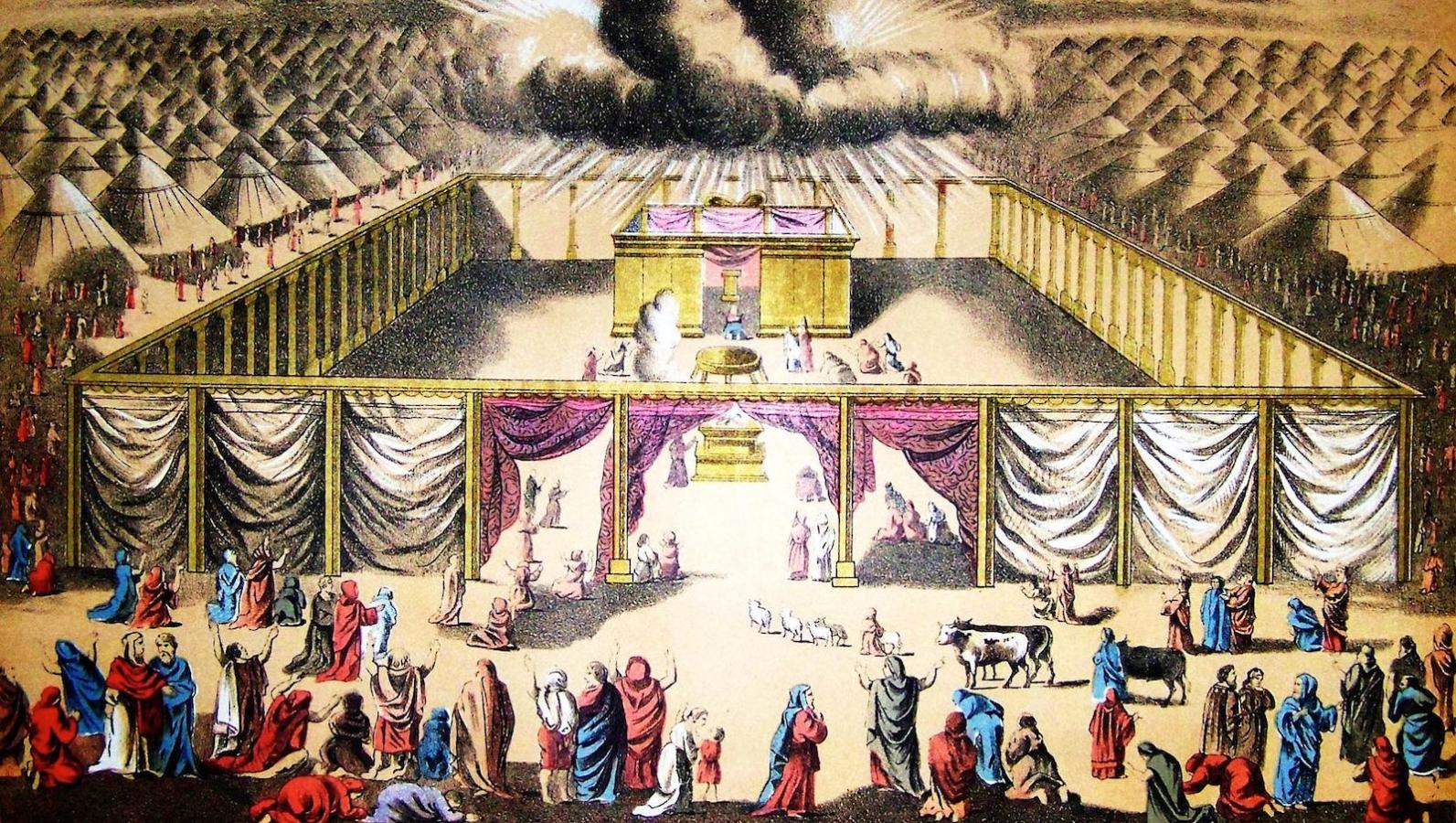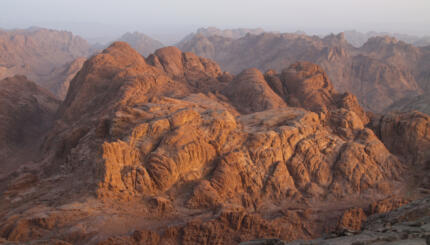Commentary on Parashat Pekudei, Exodus 38:21 - 40:38
This Torah portion describes the building of the Tabernacle. What is the purpose of the Tabernacle? If the whole earth is filled with God’s presence, if God is accessible from any place, why build one special place?
There are two midrashim that offer contrasting perspectives on the mishkan (Tabernacle). The first teaches, “There once was a king who married a beloved daughter to a foreign prince. Following the wedding, the couple prepared to leave for the prince’s land. The king said to the prince: I cannot bear my daughter leaving, but neither can I keep you here. Do me one favor. In your home prepare a small area for me where I might be with you.
“So God said to Moses, ‘I have given you the Torah. I cannot part with it; neither can I take it from you. Please, wherever Israel goes, let them make me one place where I might be close to you.’” According to this midrash, the mishkan is for God. The mishkan is a place of love, intimacy and deep connection among God, Israel and Torah.
In contrast, another midrash notes that after the Golden Calf, God said, “Since you have allowed evil into your midst, I cannot dwell with you, but neither can I completely abandon you. Therefore, make me one small area where I can dwell in your midst.” Here, the mishkan is necessary because the people are sinful. If the community were “perfect,” it would not need a mishkan at all!
Each midrash presents a different focus on the mishkan. The former sees it as a sign of God’s love and Israel’s spiritual ascendancy, the latter as an outgrowth of Israel’s failure. The former sees the mishkan as an intrinsically sacred place for lovers, the latter sees it as instrumentally sacred, functioning to make us better people.
Can these midrashim serve as a model for building the modern mishkan? Which role is more consistent with the role of the synagogue in our day?
Provided by CLAL: The National Jewish Center for Learning and Leadership, a multi-denominational think tank and resource center.
Midrash
Pronounced: MIDD-rash, Origin: Hebrew, the process of interpretation by which the rabbis filled in “gaps” found in the Torah.


